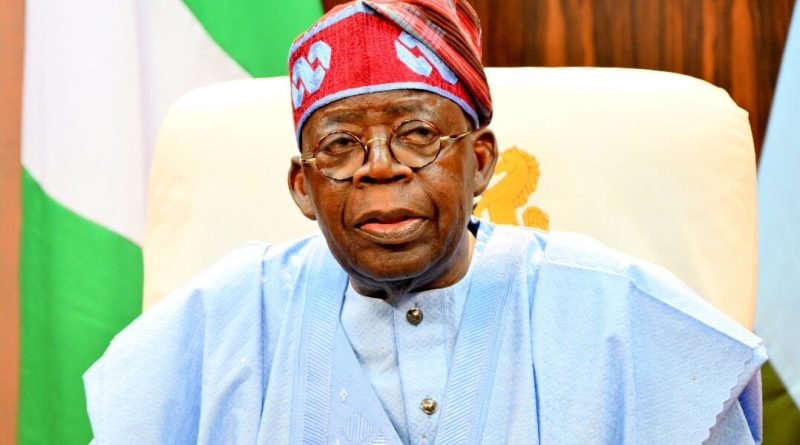Nigerian Government, GenCos finalise implementation framework
The Nigerian Government has taken a major step towards restoring operational stability and investor confidence in the electricity market with the finalisation of the implementation framework for the presidential power sector debt reduction plan.
Senan Murray, the head of media and communications unit, Office of the Special Adviser to the President on Energy, said in a statement on Tuesday.
Power generation companies (GenCos), in April, warned of imminent shutdown if the government failed to take definite steps to address the N4 trillion debt owed to them for the electricity generated and supplied to the national grid.
The firms noted that the debt, which includes N2 trillion for 2024 and N1.9 trillion in legacy debts, is pushing the continued operation of their power generation plants to the brink.
In July, President Bola Tinubu appealed to the GenCos to give the government ample time to complete the verification and validation of the longstanding debt owed to them. He later gave go-ahead to the plan to issue a N4 trillion bond to clear the debt.
Mr Murray said in the Tuesday document that Minister of Finance and Coordinating Minister of the Economy Wale Edun, Minister of Power Bayo Adelabu and Special Adviser to the President on Energy Olu Verheijen held talks with senior executives of the GenCos to deliberate on the settlement modalities for the debt.
Approved by President Tinubu and endorsed by the Federal Executive Council in August, the plan involves the issuance of up to N4 trillion in government-backed bonds to settle the verified arrears owed to generation companies and gas suppliers.
The government said the intervention is the largest in over a decade, and will address a legacy debt overhang that has constrained investment, weakened utility balance sheets and impeded reliable power delivery across the country.
“For the first time in years, we are seeing a credible and systematic effort by the government to tackle the root liquidity challenges in the power sector,” said Tony Elumelu, the Chairperson of Heirs Holdings and Transcorp Power.
Kola Adesina, the Group Managing Director of Sahara Power Group, said, “This initiative is significant in every respect. It gives us renewed confidence in the reform process and a clear signal that the government is serious about building a sustainable power sector.”
Mr Edun said, “These reforms go beyond liquidity. They are about rebuilding the fundamentals so that Nigeria’s power sector works for investors, for citizens, and for the next generation.”
About 40 per cent of the residents of Africa’s most populous country lack access to electricity, making Nigeria the nation with the biggest electricity deficit in the world.
The majority of those who are connected to grid electricity are frequently at the mercy of intermittent blackouts, one of the major impediments to industrialisation and economic growth.
Mr Adelabu announced at the Nigerian Economic Summit in Abuja this month that the government is currently engaging China’s Export and Import Bank for a $2 billion loan to construct a new grid to curb perennial power shortages.
That could help tackle the jinx of grid failure, with twelve instances of grid collapse reported last year alone.
The proposed grid is targeting consumers in the eastern and western parts of the country.

